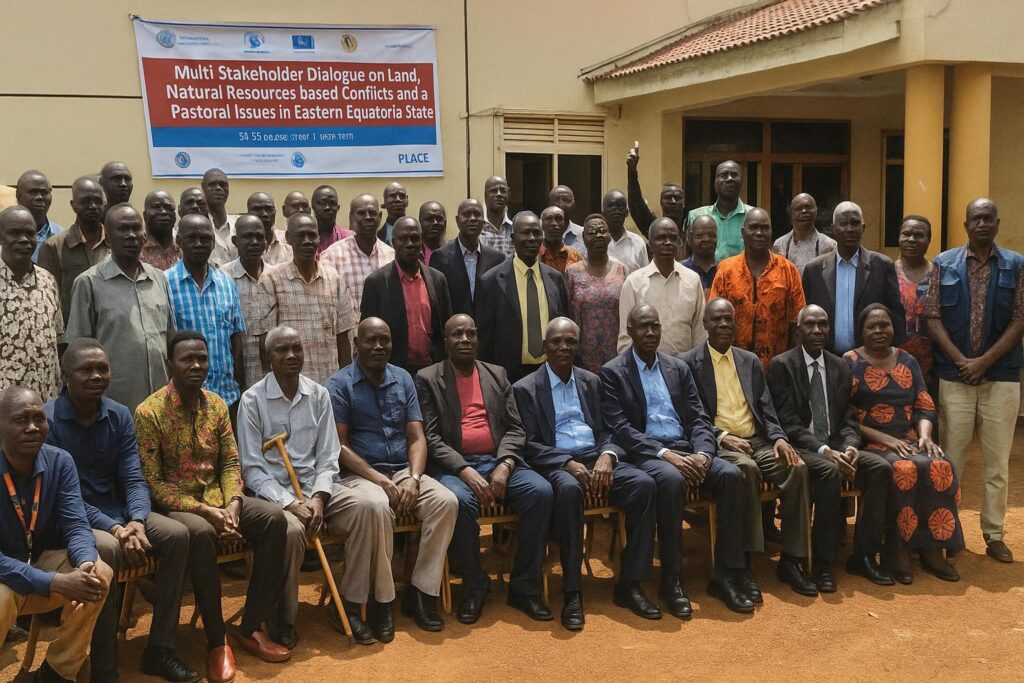A Partnership for Livelihoods
Torit, Eastern Equatoria, has seen a quiet economic pulse quicken since the Korean International Cooperation Agency partnered with the United Nations Development Programme to distribute business start-up kits to selected community groups.
Five recipients were prioritised: two cooperative societies, a tailoring unit, a bakery, and an ICT hub serving youth and persons with disabilities, creating an ecosystem where innovation meets basic household needs.
Stories from the Bakery Frontline
Palm Irimo, 39, mother of eight, watches dough rise with new optimism. “The machine will boost the business; our income will grow and our children’s school fees will be easier,” she tells reporters, her apron dusted with flour and hope.
Bakers like Irimo work in collectives, spreading risk and sharing profits. With electric mixers and ovens replacing muscle power, production increases, bread prices stabilise, and neighbourhoods enjoy a steadier supply of staple foods.
Economic Resilience and Peace Nexus
Support Peace Initiative Development Organisation, overseeing implementation, links stable incomes with social harmony. “Without livelihood there is no peace,” explains executive director Wodcan Saviour Lazarus, arguing that filled pantries reduce tensions that often flare over scarce resources.
Early monitoring indicates rising daily earnings across the beneficiary groups, with several households reporting the ability to afford clinic visits and school materials— indicators the UN agency sees as proxies for community resilience.
Role of Local Leaders
Angela Ajana Pio, chair of the Torit Parliamentary Caucus, says legislators continually lobby for resources targeting women and persons with disabilities. She believes the current distribution “keeps every group active in business” and deepens trust between citizens and authorities.
Looking Ahead for Torit’s Entrepreneurs
UNDP technicians plan follow-up training in bookkeeping and marketing, aiming to turn initial grants into sustainable enterprises. Success could position Torit as a regional case study in how modest capital injections catalyse inclusive growth.


